A virtual data room is an encrypted platform for sharing confidential business documents with other parties. This allows businesses to build trust and speed up deal flow without divulging sensitive information. VDR software is widely used across an array www.technologvirtual.com/virtual-technology-key-points-to-consider-while-choosing-virtual-technologies/ of industries.
Acquisitions and mergers depend on VDR software to facilitate due diligence processes that require multiple parties to look over huge volumes of documents within tight deadlines. Features like document annotations, Q&A sections, and detailed audit trails enable users to collaborate effectively and make data-driven choices. Role-based access, encryption of data and watermarking are enhanced security measures. Modern VDRs also provide collaboration services to optimize deal flow and increase efficiency.
Life science companies must share confidential research and clinical trial information with partners, customers, and investors. Typically, this requires a high level of security, as well as a fast turnaround. VDRs come with enhanced security features, such as watermarking, virus scanning, and access based on role. Life science VDRs also support regulatory compliance protocols such as HIPAA.
VDR software is commonly used by the real estate industry to facilitate the transfer of sensitive documents between agents, brokers and clients. VDRs with enhanced security features can reduce risk and improve transparency. The ability to identify who has accessed which documents will also help reduce confusion and the time spent on issues.
Accounting involves the management of numerous financial documents that are confidential. It is therefore crucial that these documents are shared securely. VDRs provide a central point of access for all parties who are authorized to view and share documents. They also provide tools to simplify processes like due diligence and ensure compliance with GDPR.

Comentarios recientes